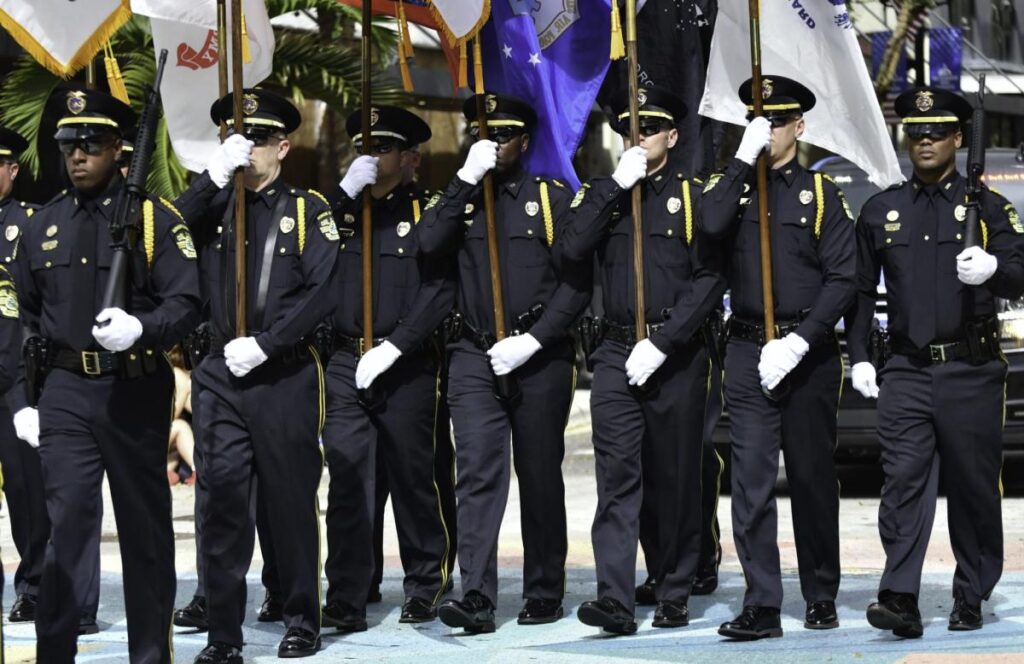Veterans Day represents an important point of national reflection and a time to recognize the service of all the veterans of our nation’s armed forces. But we should also consider how to truly empower veterans and maximize the talent they bring to companies, organizations, and communities across the nation. With national unemployment rates at historically low levels, veteran unemployment is now even lower, dropping to 2.8% last month. But it’s hard to take a victory lap just yet. Today, the difficulty of military-to-civilian transitions persists in the form of underemployment.
Almost half of veterans and military families describe their transition from military service as either “difficult” or “very difficult.” This number has remained constant for the past decade. Moreover, recent studies have identified that “there is limited evidence” that the “vast and fragmented” array of federal transition support programs are effective. The research is unequivocal: Despite historically low veteran unemployment numbers, “it is too early to simply declare ‘mission accomplished’ on veteran employment.”
Studies conducted by Penn State’s Clearinghouse for Military Family Readiness and LinkedIn indicate that over 60% of veterans are underemployed—working in situations where their experience, skills, and education are not commensurate with their role. Moreover, as the LinkedIn report suggests, “this disparity reveals what many veterans feel: a systemic undervaluation of military experience in the corporate world.”
Consider that for a moment. The same Americans who have served with such distinction abroad experience significant challenges connecting with professional opportunities that allow them to operate at their most productive and fulfilled back home.
In the not-so-distant past, a potent combination of public-private partnerships proved instrumental in improving the lives of veterans while simultaneously altering the narrative about what these remarkable men and women can do after they leave uniformed service.
In 2011, national unemployment rates hovered around 9% while unemployment rates for post-9/11 veterans exceeded 12%. For younger veterans aged 18 to 24, the unemployment rate approached a staggering 30%.
Importantly, a combination of companies, academic institutions, non-profit organizations, and political leaders directly addressed what had grown into an urgent and inexcusable problem. Corporations, led by Jamie Dimon of JP Morgan Chase and joined by key executives who were also veterans, such as Alan B. Miller of Universal Health Services, addressed the problem directly, pledging to hire 100,000 veterans by 2020. The mission subsequently grew to over 300 companies that have hired over 900,000 veterans and military spouses. Similarly, the U.S. Chamber of Commerce Foundation launched its Hiring our Heroes program (of which I am an alumnus) that furthered corporate America’s dedication to hiring veterans.
Read the full article here
